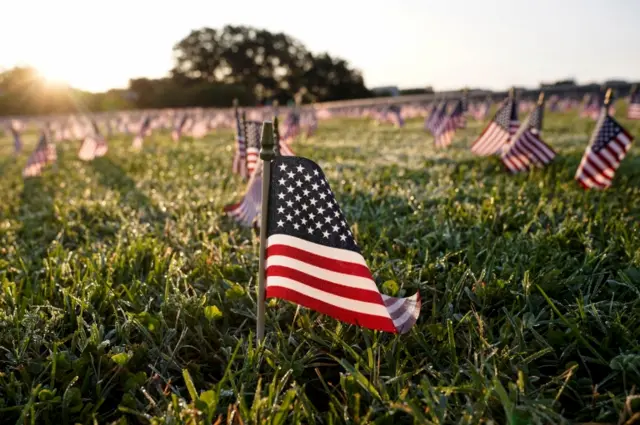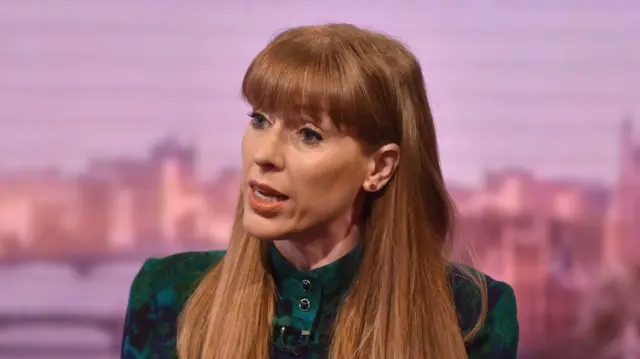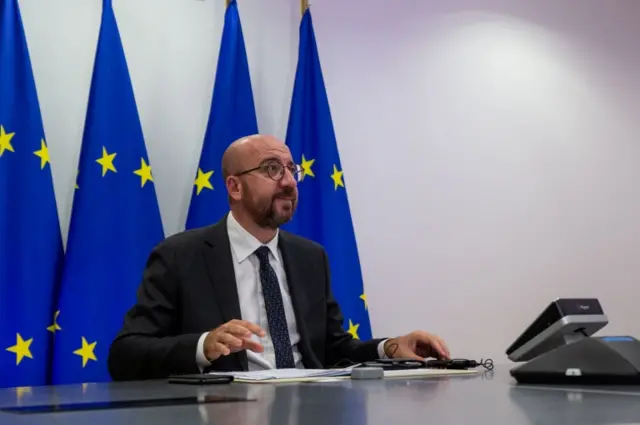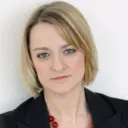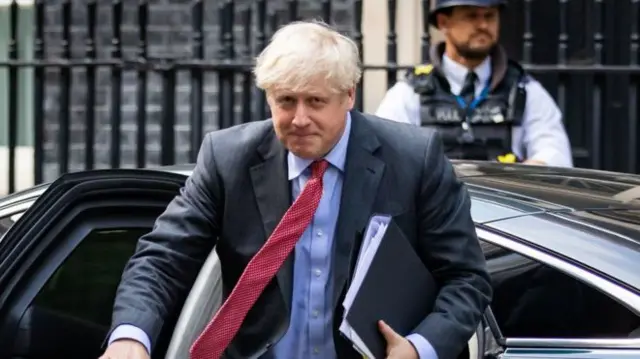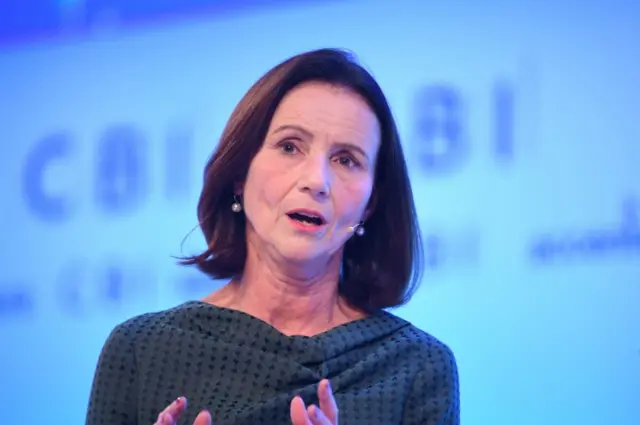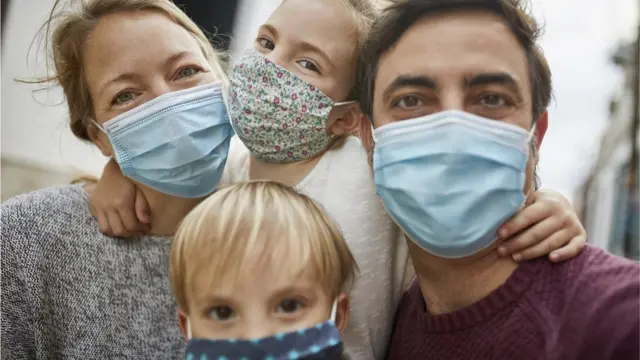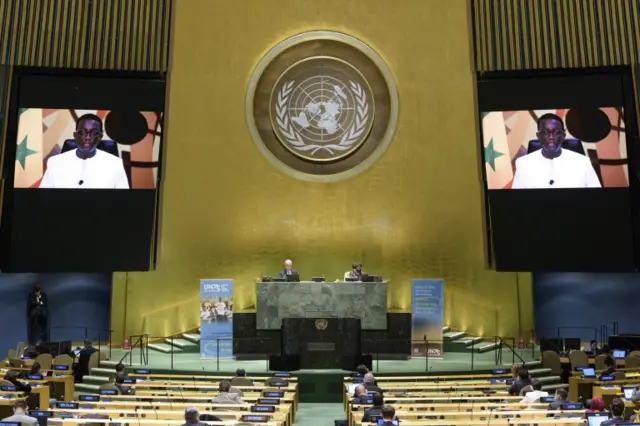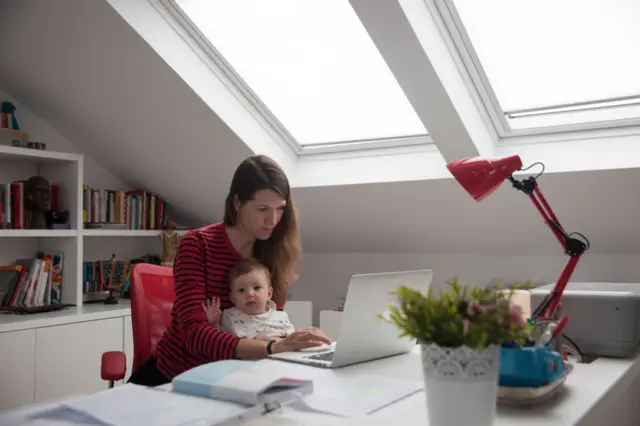Is it enough?published at 17:18 BST 22 September 2020
Analysis
 Pallab Ghosh
Pallab Ghosh
Science correspondent, BBC News
The government’s aim is to slow down and then reverse the surge in coronavirus cases through the measures it’s announced today. But are they enough?
Privately many of the scientists on the scientific advisory group don’t think the further tightening of restrictions in England go far enough. Some would have liked to have seen a strengthening of the "rule of six" so that six people from only two households could meet.
Others would have preferred complete closure of bars and restaurants for a period of time.
There’s support though for the reversion to the work from home if you can message, which will reduce infection on public transport.
And many applaud the prime minister for warning people that restrictions are likely to be in place for six months. After that, the warm spring weather will reduce the lifetime of the virus and enable people to spend more time outdoors.
But the scientists say the main unknown in their calculations is whether people will comply with the restrictions and stay at home when required to.
An analysis by Sage found fewer than 20% of people fully isolated if they were asked to by the Test and Trace service. There are anecdotal reports of people ignoring social distancing guidelines. Unless these behaviours change, the scientists say, the gentle brake the government has applied to a return to a more normal life will have to become an emergency stop, possibly within weeks.
